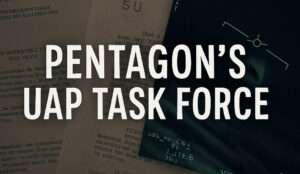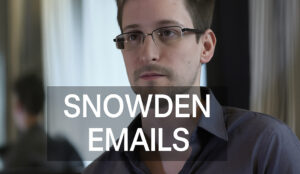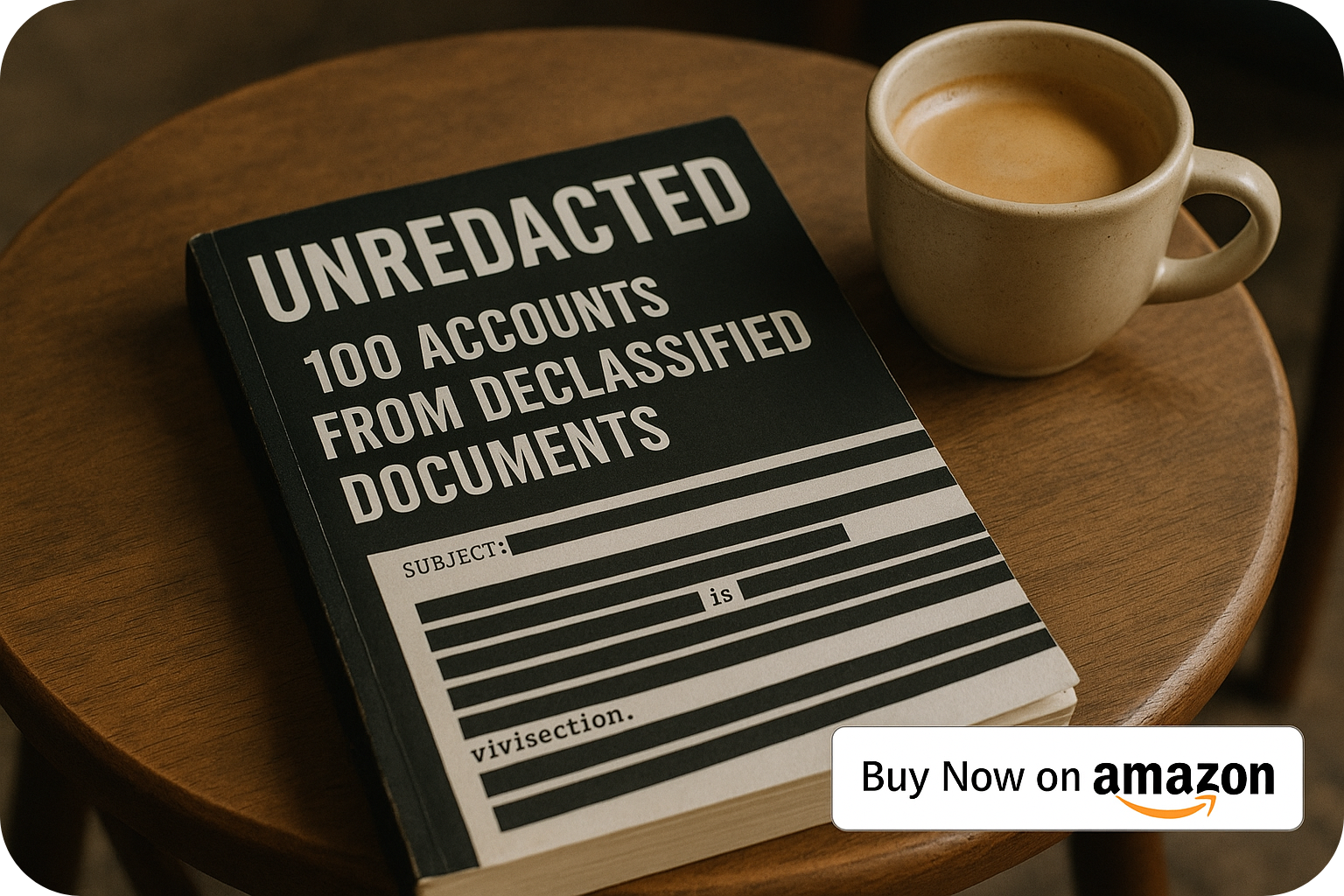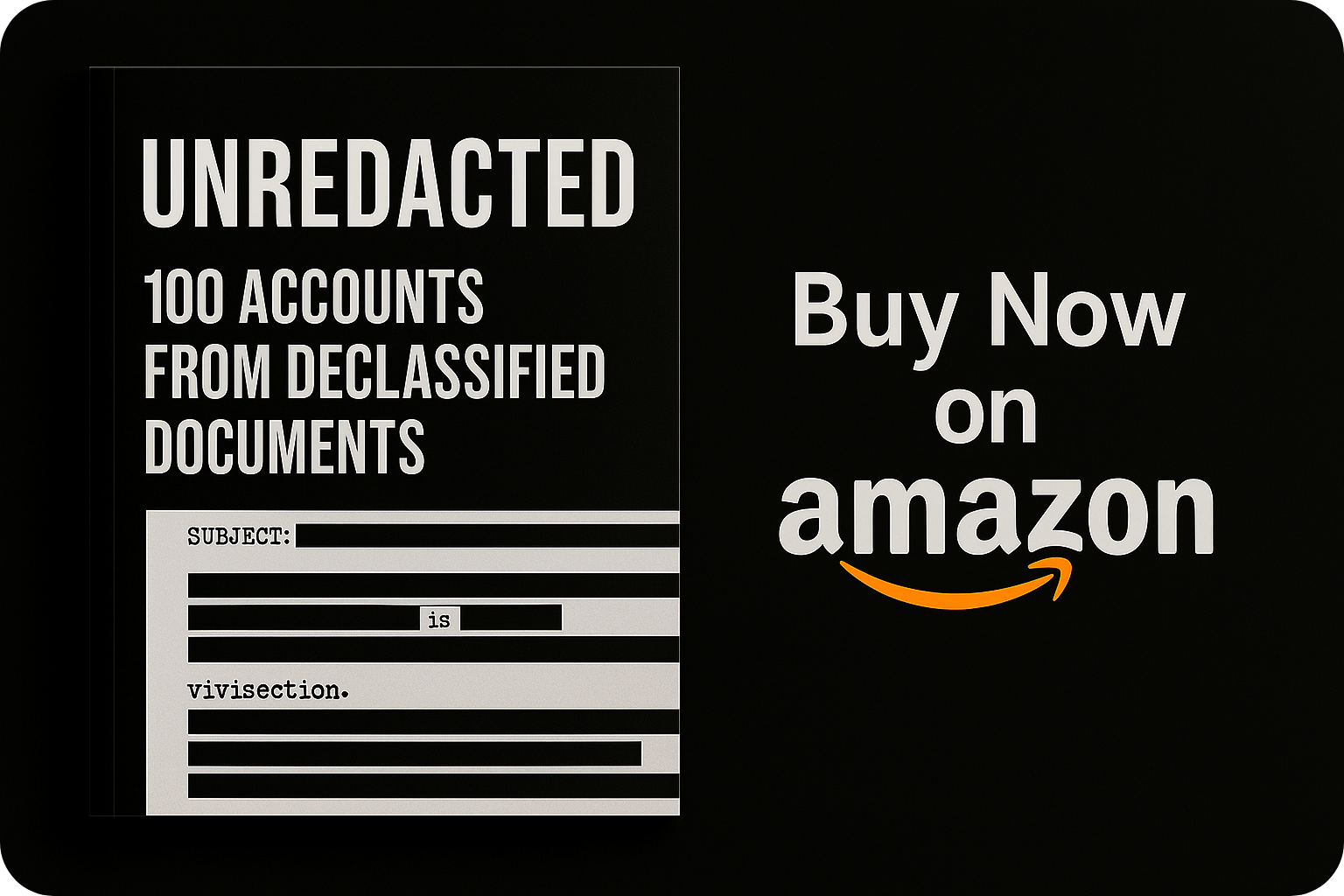A newly released letter shows how the Department of Defense has responded to a Freedom of Information Act (FOIA) request from researcher John Greenewald of The Black Vault.
The request, filed in March 2024 and tracked under case number 24-F-0968, sought information that the Pentagon has now formally refused to disclose.
"The fact of the existence or nonexistence of records … is exempt from release," the letter stated.
📍 The Request
Greenewald, who has filed thousands of FOIA requests over decades, asked the Office of the Secretary of Defense and Joint Staff for records related to sensitive matters.
The Pentagon acknowledged receipt of his request but invoked multiple exemptions to withhold the information.
🛑 Exemptions Cited
The denial cites several FOIA exemptions, including:
-
(b)(5): Protects inter- and intra-agency deliberations, shielding subjective evaluations and recommendations.
-
(b)(6): Protects personal privacy.
-
(b)(7)(A): Withholds law enforcement records that could interfere with ongoing proceedings.
-
(b)(7)(C): Prevents disclosure that could constitute an invasion of personal privacy.
-
(b)(7)(D): Protects the identity of confidential sources.
The letter notes that the foreseeable harm standard was considered when applying these exemptions.
💵 Fees and Formalities
The Pentagon confirmed that processing fees for this request were below the threshold for payment.
It also warned that fees may apply to future submissions.
Contact details for the FOIA Action Officer, leadership team, and mediation services were provided, along with instructions for filing an appeal within 90 days.
🕳️ The Bigger Picture
This case highlights the continued difficulty researchers face when seeking records on sensitive government topics.
While Greenewald has built The Black Vault into one of the largest repositories of declassified material, this denial underscores the limits of transparency when information is deemed too sensitive to acknowledge.
It is not simply that the records remain classified-the Pentagon will not even confirm whether they exist.






